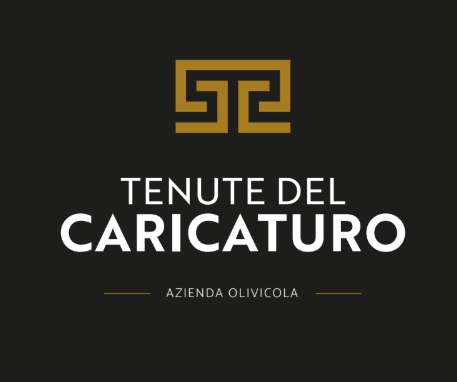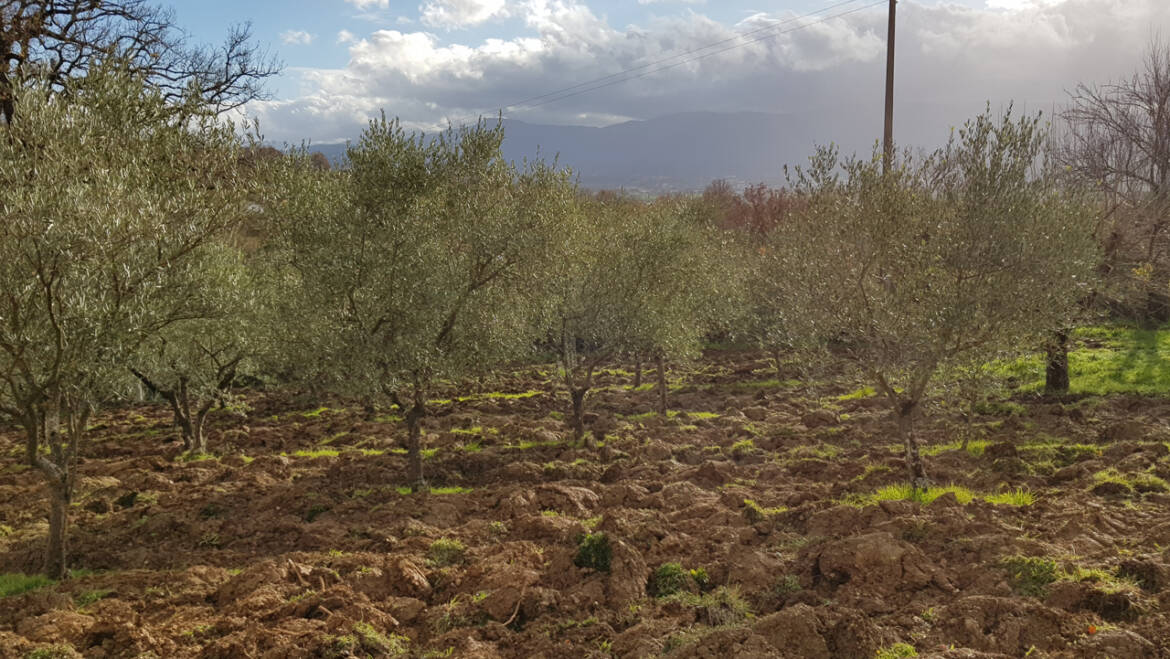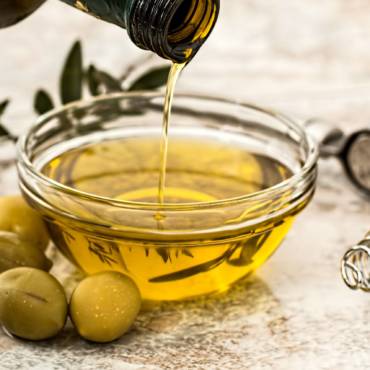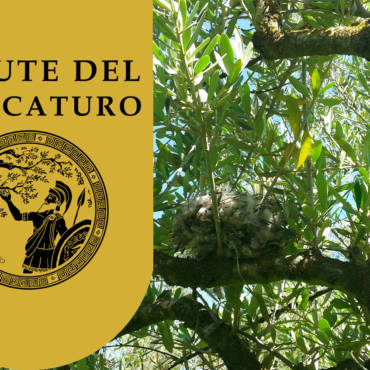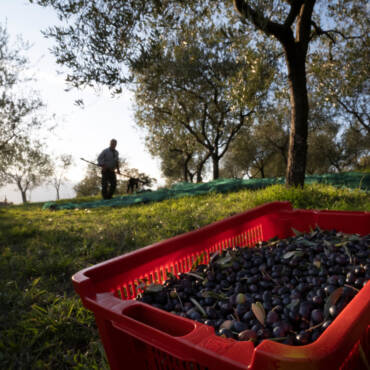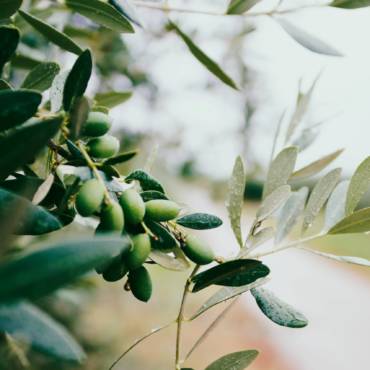One of my prides in the production of extra virgin olive oil is the lack of use of chemical fertilizers, which also cause pollution of the superficial and deep aquifers.
An old peasant knowledge is that of the existence of plants that exploit the soil and plants that enrich it. We have made exactly this choice: to sow a mixture of plants, almost wild, such as vetch, field beans, and others—obviously certified non-GMO—which, once cut and integrated into the soil, provide, by degrading, the necessary elements in a natural way.
You should know that today, with chemistry, it is possible to obtain everything: a more abundant flowering, a greater number of flowers that become fruit, larger fruits, and so on.
Our company philosophy, however, is to obtain a truly healthy product: I have been a doctor all my life, and I have always been concerned with making people understand how important a healthy and correct diet is. Inevitably, we are what we eat, and we cannot afford distractions. It is certainly easier not to get sick than to get cured!
When we eat a spoonful of olive oil or give it to our children, we must be sure that we are giving a spoonful of vitamins and mineral salts as provided by Nature, which tends to preserve its components—not substances poisoned by chemicals.
I like writing these articles, because I want to let those who trust me know everything I do and who are welcome guests if they come to visit us.
You can be sure that every cent spent on our oil is well spent, and there is a reason for that expense. An old farmer friend of mine, when he heard a price, did not ask himself if it was too much or too little, but made sure that the price was worth it—old wisdom!
No one can give anything away in commerce; if something costs little, it is most likely worth less.
